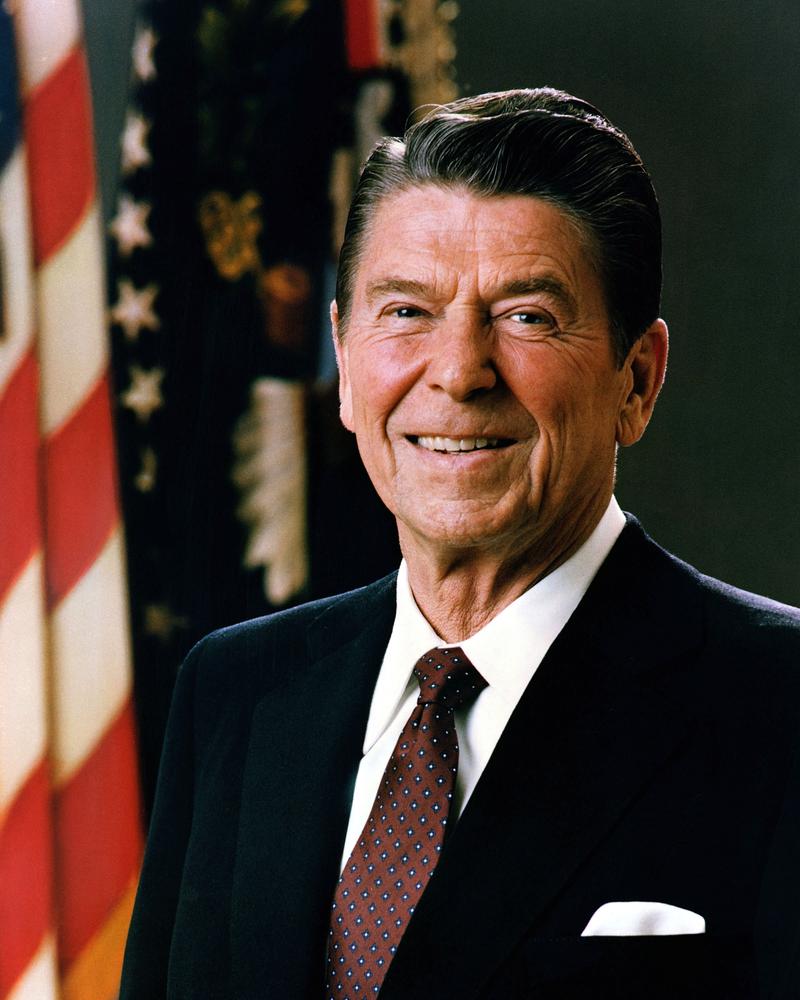Ronald Reagan divorced, a significant event in the life of the 40th President of the United States, shaped not only his personal narrative but also his political journey. This article aims to explore the complexities surrounding Reagan's divorce, its implications on his life, and how it influenced his political career and public persona. From his early days in Hollywood to his presidency, we will uncover the multifaceted layers of his personal relationships and the impact of his divorce on his legacy.
In this exploration, we'll delve into Reagan's marriage to Jane Wyman, the circumstances leading to their divorce, and the subsequent marriage to Nancy Davis. This analysis will not only shed light on Reagan's personal struggles but also provide insights into the cultural attitudes toward divorce during his time. By understanding the context and the consequences of these personal decisions, we can gain a more profound appreciation for the man behind the political figure.
Join us as we embark on this journey to understand how Ronald Reagan's divorced life reflects broader societal changes and personal challenges that shaped his character and leadership style.
Table of Contents
- Biography of Ronald Reagan
- Early Life and Career
- First Marriage to Jane Wyman
- The Divorce: Causes and Consequences
- Second Marriage to Nancy Davis
- Impact on Politics and Public Image
- Cultural Context of Divorce in the 20th Century
- Legacy and Reflection
Biography of Ronald Reagan
| Name | Ronald Wilson Reagan |
|---|---|
| Birth Date | February 6, 1911 |
| Death Date | June 5, 2004 |
| Political Party | Republican |
| Presidency | 1981 - 1989 |
Early Life and Career
Born in Illinois, Ronald Reagan began his career as a radio announcer before transitioning to acting in Hollywood. His early life was marked by a passion for storytelling and a deep commitment to the American ideals that would later define his political ideology. Reagan's charisma and communication skills helped him become a popular actor in the 1940s and 1950s, laying the groundwork for his future political career.
First Marriage to Jane Wyman
Ronald Reagan married actress Jane Wyman in 1940, and they had two biological children, Maureen and Christine, and adopted a son, Michael. Their marriage appeared idyllic at first, but as Reagan's career progressed, tensions mounted. The couple's differing views on family life and Reagan's growing ambitions created a rift that ultimately led to their separation.
Challenges of Celebrity Marriage
- Reagan's demanding schedule as an actor.
- Wyman's own career and desire for independence.
- Differences in personal and professional priorities.
The Divorce: Causes and Consequences
In 1948, Reagan and Wyman divorced, a shocking event for many fans and the public. The divorce was finalized on July 28, 1949. The reasons cited included irreconcilable differences and the strain of their busy careers. This personal upheaval marked a significant turning point in Reagan's life, forcing him to reevaluate his priorities and relationships.
Impact of the Divorce
Reagan's divorce was not just a personal loss; it had broader implications for his public image. At a time when divorce carried a stigma, Reagan's experience reshaped his understanding of family and commitment, which would later influence his policies and public speeches.
Second Marriage to Nancy Davis
After his divorce from Wyman, Reagan met actress Nancy Davis in 1951, and they married in 1952. Nancy became a significant influence in Reagan's life, providing support and stability. Their partnership was characterized by mutual respect and shared values, which contributed to Reagan's success in politics.
Nancy's Influence
- Strong partnership in personal and political life.
- Support during Reagan's political campaigns.
- Collaborative approach towards family and public service.
Impact on Politics and Public Image
Reagan's personal experiences, including his divorce and second marriage, shaped his political philosophy. His views on family values and social issues were influenced by his understanding of relationships and the challenges faced by many Americans.
Public Perception
Despite the stigma of divorce, Reagan managed to maintain a positive public image. His ability to connect with the American people and share his personal story contributed to his popularity as a political figure.
Cultural Context of Divorce in the 20th Century
The cultural landscape of America during Reagan's life was changing, with divorce becoming more common and socially acceptable. This shift influenced how public figures navigated their personal lives and the expectations placed upon them.
Changing Attitudes towards Divorce
- Increasing acceptance of divorce in society.
- Impact of media portrayal of celebrity marriages.
- Shifts in family dynamics and societal norms.
Legacy and Reflection
Ronald Reagan's divorced life is a testament to the complexities of human relationships and the impact they can have on one's public persona. His journey through marriage, divorce, and remarriage illustrates the personal challenges he faced, which ultimately shaped his character and leadership style.
Final Thoughts
Reagan's life story serves as a reminder that personal experiences, including divorce, can influence public figures in profound ways. By understanding these dynamics, we gain a deeper appreciation for the man who led the United States through significant historical events.
Conclusion
In summary, Ronald Reagan's divorce from Jane Wyman and subsequent marriage to Nancy Davis played a crucial role in shaping his identity as a leader and a public figure. His experiences reflect broader societal changes regarding marriage and family. We invite you to share your thoughts on this topic in the comments below, and don't forget to check out other articles on our site for more fascinating insights into history and politics.
Closing Remarks
Thank you for taking the time to explore the personal journey of Ronald Reagan with us. We hope this article has provided valuable insights and encourages you to return for more engaging content in the future.
Article Recommendations
- John Owen Lowe The Rising Star In Entertainment And His Journey To Fame
- Gloria Borger Illness
- Mamitha Baiju The Rising Star Of The Entertainment Industry


